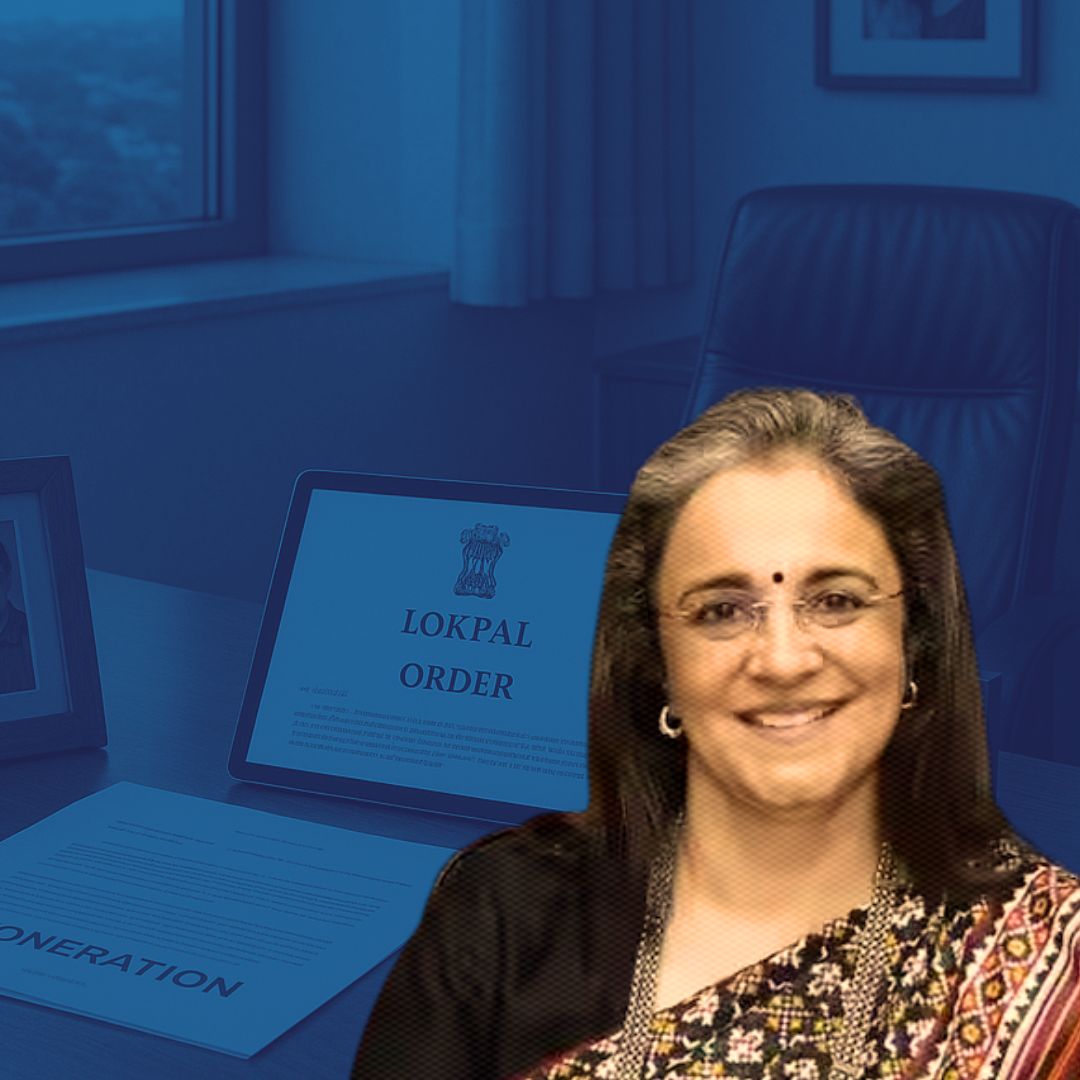Former Securities and Exchange Board of India (SEBI) chief Madhabi Puri Buch has been fully exonerated by the Lokpal of India from all allegations of corruption and conflict of interest linked to the controversial Hindenburg Research report on the Adani Group.
On May 28, 2025, the Lokpal dismissed multiple complaints filed by political figures and activists that accused Buch and her husband of holding stakes in offshore funds connected to the Adani Group and receiving undue financial benefits.
The anti-corruption ombudsman termed these allegations “untenable, unsubstantiated, and bordering on frivolity,” finding no credible evidence to justify further investigation. Both Buch and her husband had consistently denied the charges, calling them baseless attempts to malign their reputations.
This verdict marks a significant closure to a high-profile controversy that had stirred national debate on regulatory oversight and corporate governance.
Lokpal’s Order: Allegations Found Politically Motivated and Unsupported by Evidence
The Lokpal’s comprehensive 116-page order, authored under the supervision of Justice A.M. Khanwilkar, meticulously examined the complaints against Madhabi Puri Buch and her husband. The allegations stemmed primarily from the August 2024 Hindenburg Research report, which accused the Adani Group of stock price manipulation and suggested regulatory lapses during Buch’s tenure at SEBI.
Complainants, including prominent political figures such as Trinamool Congress MP Mahua Moitra, alleged that Buch and her husband had financial interests in offshore entities linked to the Adani Group, implying a conflict of interest. However, after extensive scrutiny, the Lokpal found these claims to be based largely on speculation, assumptions, and unverified documents.
The order explicitly stated, “To ask for a corruption probe into all of these individuals based on speculative claims of ‘influence’, with not a shred of evidence of any wrongdoing is plainly unjustified and solely politically motivated.” The Lokpal also criticised the complainants for reverse engineering narratives without any concrete proof, emphasising that such tactics undermine the integrity of anti-corruption processes.
Background: The Hindenburg Report and the Regulatory Storm
The controversy erupted following the publication of the Hindenburg Research report in August 2024, which accused the Adani Group of engaging in stock manipulation and financial irregularities. The report further alleged that SEBI, under Madhabi Puri Buch’s leadership, failed to act decisively against the group, raising questions about regulatory oversight.
This led to intense media coverage and political backlash, with several opposition leaders demanding investigations into Buch’s alleged financial dealings. Complaints were filed with the Lokpal, citing purported whistleblower documents and media reports as evidence.
Throughout the ordeal, Buch and her husband maintained their innocence, submitting detailed affidavits refuting all allegations and clarifying their financial transactions.
The Lokpal’s inquiry included oral hearings and a thorough review of all evidence, ultimately concluding that the complaints lacked any substantive basis and that the Hindenburg report alone could not justify punitive action against Buch.
The Logical Indian’s Perspective
The Lokpal’s decisive dismissal of the allegations against Madhabi Puri Buch serves as a crucial reminder of the need for fairness, evidence-based accountability, and the dangers of politically motivated accusations. In today’s hyper-partisan environment, it is essential that public discourse and regulatory scrutiny are conducted with integrity and respect for due process.
While vigilance over institutions and leaders remains vital for a healthy democracy, it must not come at the cost of undermining individuals through unsubstantiated claims.
The Logical Indian believes that fostering a culture of transparency, empathy, and constructive dialogue is key to strengthening our democratic institutions and social fabric. As citizens committed to peace and coexistence, how can we collectively encourage responsible criticism that promotes justice without descending into character assassination?












